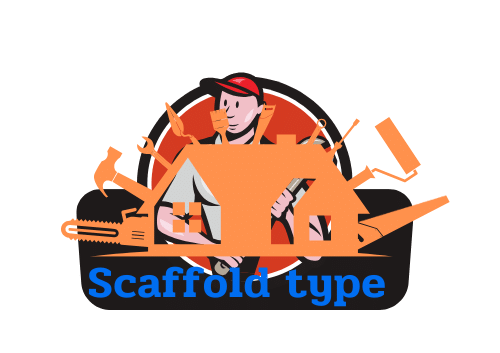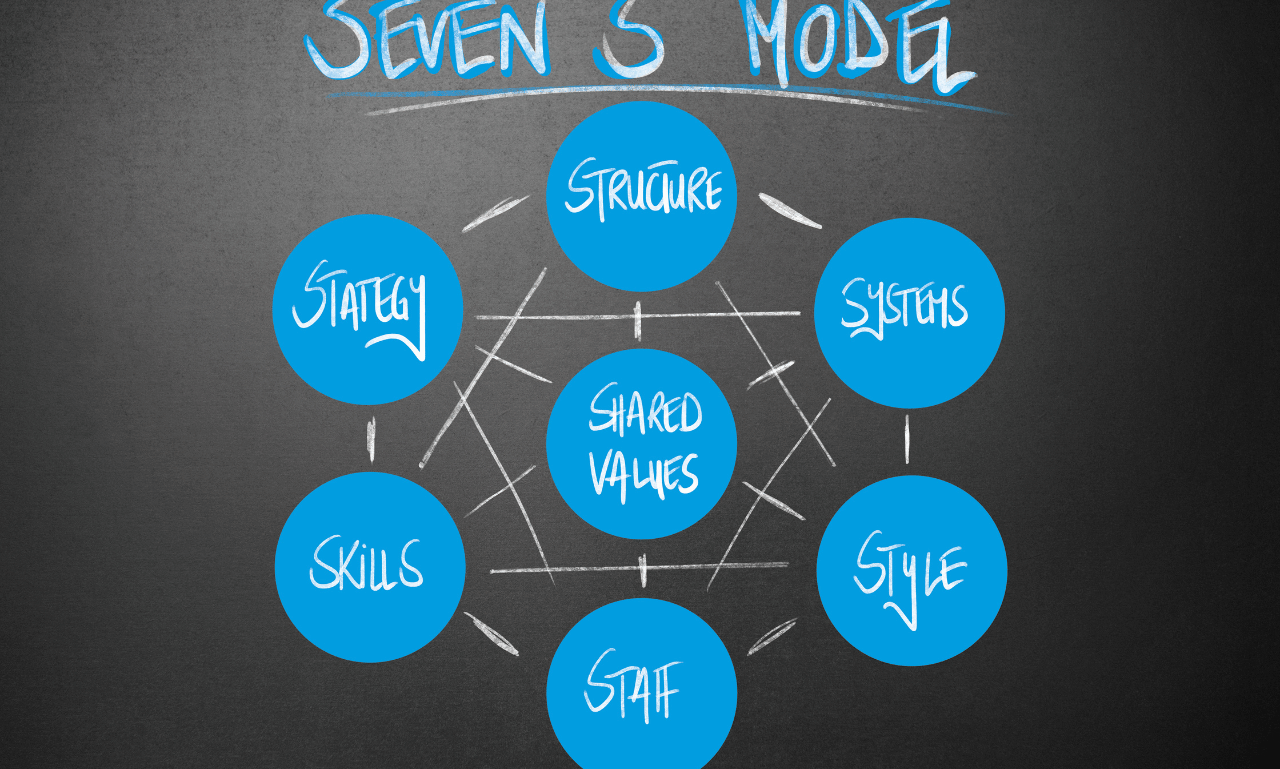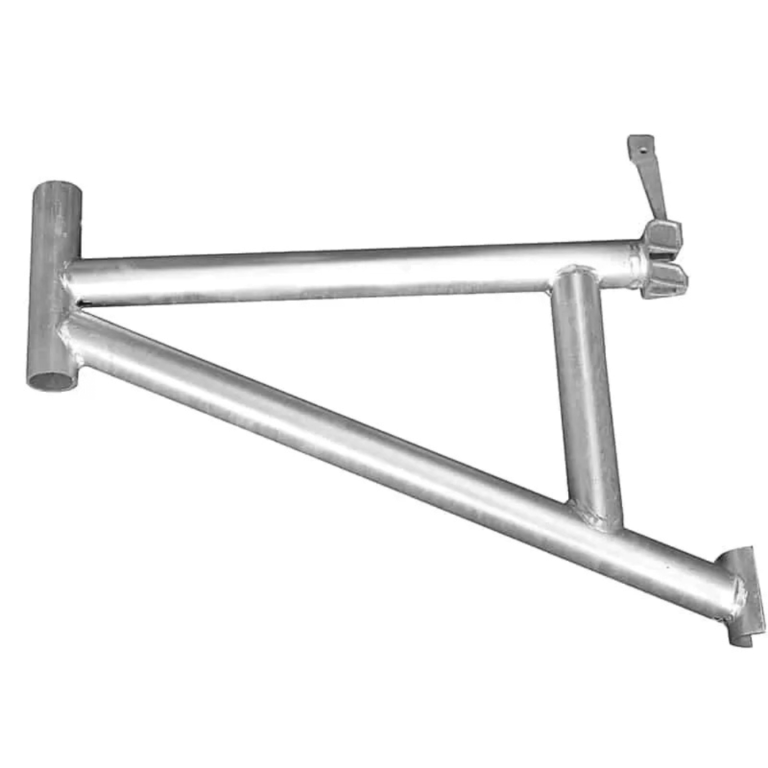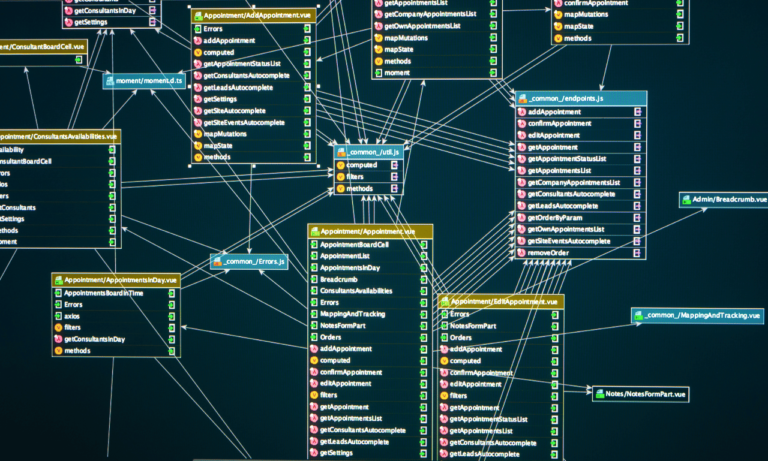Phone:
(+65)8319-0742
Embarking on a journey of professional enhancement calls for a solid foundation, and leveraging an Effective Skill Development Framework is integral to that process. The quest for a lucrative career and personal growth is a mosaic of continual learning and skill refinement. An impactful Skill Development Framework equips individuals with a reliable blueprint to navigate this expansive learning landscape.
Whether you’re just starting out or looking to elevate your capabilities, understanding the core components of the Best Skill Development Framework can transform aspirations into tangible success. We’re diving deep into the pivotal elements that constitute a transformative approach to acquiring and polishing a diverse skill setâa key investment in your future.
Interweaving the principles of an Effective Skill Development Framework can create a trajectory for enduring achievement and fulfillment. Letâs explore how embracing a comprehensive Framework for Skill Development can become your cornerstone for turning potential into prowess.
Key Takeaways
- Identify and utilize a Skill Development Framework to chart your career and personal growth.
- Implementing an Effective Skill Development Framework encapsulates converting potential into expertise.
- Underpin your learning journey with the Best Skill Development Framework for optimal outcomes.
- Ensure success by adhering to a robust and transformative Skill Development Framework.
- Embrace a Framework for Skill Development as a foundational element for lifelong learning and improvement.
Understanding the Skills Builder Universal Framework
The Skills Builder Universal Framework stands out as the Best Skill Development Framework, widely acknowledged for crafting highly adaptable individuals who thrive across various sectors. It serves as the cornerstone for a variety of progressive initiatives that prioritize Effective Skill Development Framework practices globally.
As we break down the components of this transformative model, we explore the synergy between skills and successâa relationship that is at the heart of the Skill Development Model and the Skill Building Framework.
The Eight Essential Skills
Integral to the framework are the universal eight essential skills that form the most sought-after competencies in the modern workplace. These include problem-solving, teamwork, leadership, creativity, listening, presentation, and the ability to stay positive and aim highâskills that enhance employability and are indicative of a well-rounded professional.
From Beginner to Mastery: A Structured Approach
The journey from novice to expert is clearly demarcated within the Skill Enhancement Framework. Participants progress through a series of sixteen steps distributed over four stagesâstarting from ‘Getting Started’, escalating to ‘Intermediate’, advancing through ‘Advanced’, and finally reaching ‘Mastery’. This sequential gradation fosters accountability and ensures measurable growth in skill proficiency.
Frameworks in Practice: Employers, Schools, and Individuals
With over 850 endorsements from leading employers and educational institutions, the Skill Development Framework has emerged as a versatile and practical guide for ambitious individuals, dynamic companies, forward-thinking schools, and even impactful community programs. Its adaptability and holistic nature make it an unrivaled tool for guiding skill development across a broad spectrum of applications.
By embracing this structured model, all stakeholders in education and industry can ensure that they are not only equipping learners and workers with necessary competencies but also championing a culture of continuous improvement and skill refinement.
The Importance of Transferable Skills for Career and Life Success
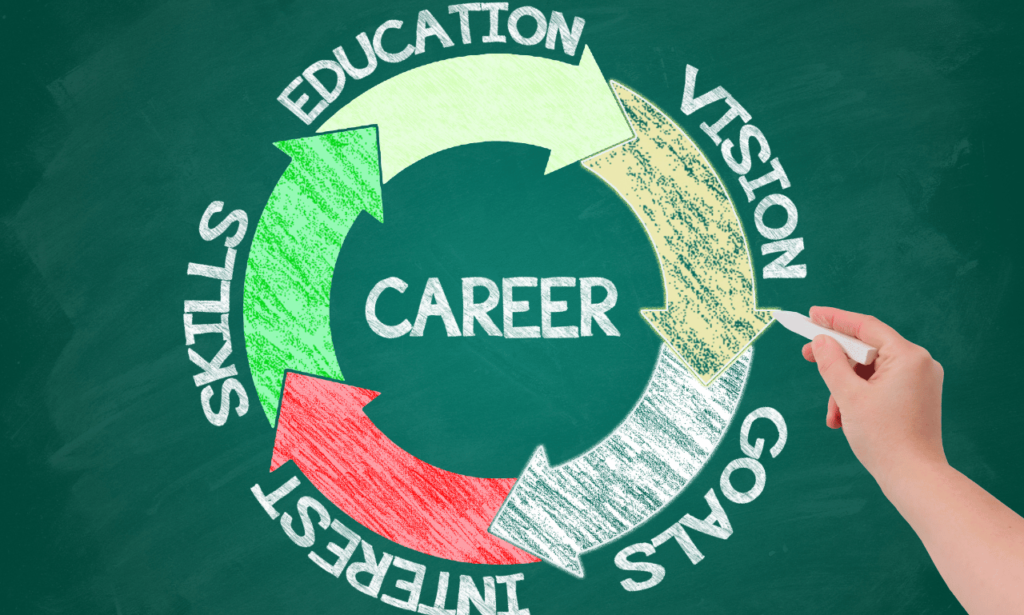
Transferable skills are increasingly becoming the currency of the modern workforce. As industries evolve and job roles morph, it is those with a rich vault of adaptable abilitiesâhoned through a Skill Building Frameworkâwho stand at the forefront of career advancement and personal achievement. We explore how an investment in a Skill Enhancement Framework is not just an economic imperative but a catalyst for life satisfaction and well-being.
The Economic Impact of a Skilled Workforce
The nexus between a robust Framework for Skill Development and economic growth is indisputable. A workforce equipped with a diverse range of transferable skills can navigate the demands of a dynamic job market, driving innovation and productivity. Global studies affirm that upskilling leads to increased economic opportunity and is essential for maintaining competitiveness in a global economy.
Employers recognize the value of a Skill Development Model in fostering a versatile and resilient workforce. In an age characterized by rapid technological change and fierce competition, businesses that emphasize ongoing skill enhancement are the ones that thrive.
Life Satisfaction: The Fruits of Skill Enhancement
There is a profound connection between skill development and personal satisfaction. Individuals who engage in lifelong learning and embrace a Skill Enhancement Framework often report a higher sense of fulfillment in both their professional and personal lives. The following table illustrates the correlation between transferable skills proficiency and life satisfaction.
| Transferable Skill | Life Satisfaction | Average Earning Potential Increase |
|---|---|---|
| Communication | High | 10% |
| Problem-solving | Very High | 12% |
| Leadership | High | 15% |
| Adaptability | Moderate | 8% |
As the data suggests, there is a tangible overlap between skill proficiency and oneâs ability to lead a content and prosperous life. The reality is clear: those investing in a Skill Building Framework are not just enhancing their career prospects but are also laying the groundwork for a more satisfied existence.
Incorporating Essential Skills Development Into Education

The impetus to integrate the Best Skill Development Framework within educational curricula has become increasingly vital in today’s dynamic workplace environment. Schools and institutions are recognizing the profound impact of weaving an Effective Skill Development Framework into the fabric of educational programs. By doing so, they are laying down the groundwork for students to thrive in multifaceted roles across a broad spectrum of industries.
One of the approaches schools might take to implement these improvements is to align their curricula with the key components of skill development. The following steps outline how institutions might enhance their educational models:
- Review and integrate core skills within lesson plans.
- Apply a range of teaching methods that cater to diverse learning styles.
- Offer experiential learning opportunities through real-world projects and collaboration.
- Conduct regular assessments to measure skill proficiency and development.
- Involve industry professionals in curriculum design to ensure relevance.
The meticulous execution of an Effective Skill Development Framework is not without its rewards; it equips students with a portable set of skills, esteemed not just for the immediate needs of employment but for the unforeseen challenges of the future. Schools play a pivotal role in building a foundations that will serve the workforce and society at large.
| Essential Skill | Benefits | Curricular Integration |
|---|---|---|
| Critical Thinking | Enhances problem-solving abilities and decision-making. | Incorporate into science and math through hypothesis testing and data analysis. |
| Communication | Promotes effective collaboration and expression of ideas. | Embed in language arts and presentations across subjects. |
| Creativity | Drives innovation and adaptability in diverse contexts. | Use in arts and technology education, encouraging original approaches to tasks. |
| Leadership | Builds confidence and ability to guide others. | Develop through group projects and leadership roles in school events. |
Ultimately, the successful implementation of the Best Skill Development Framework relies on a commitment to ongoing refinement and collaboration between educators, students, and industry professionals. It is a collective effort that promises to yield a resilient, skilled, and versatile workforce.
The Role of Learning Environments in Skill Advancement

High-quality learning environments are critical in promoting the effective use of a Skill Development Framework. Creating spaces where individuals are encouraged to actively engage and reflect plays a crucial role in the internalization and strengthening of competencies highlighted by the Skills Builder Universal Framework.
Components of Supportive Learning Environments
To enhance skill enhancement, learning environments must harbor certain key components which facilitate growth. These include:
- Safe spaces for trial and error which encourage risk-taking and creativity.
- Resources and tools that align with the Framework for Skill Development principles.
- Access to feedback that fosters an iterative process of learning and development.
- Inclusive settings that accommodate diverse learning styles and paces.
These elements collectively contribute to the creation of a nurturing atmosphere conducive to skill mastery.
Educational Approaches to Nurturing Expertise
Educational methodologies need to adapt and pivot to address the complexities within the landscape of the Skill Enhancement Framework. It’s essential to:
- Customize teaching strategies to meet the individual’s current stage within their skill journey.
- Incorporate an action-based curriculum that mirrors real-world scenarios.
- Employ a feedback loop that revolves around the Skills Builder Universal Framework’s progression metrics.
- Maintain a dynamic and responsive teaching ethos to facilitate continuous improvement.
Table:
| Skill Component | Beginner | Intermediate | Advanced | Mastery |
|---|---|---|---|---|
| Listening | Understanding basic instructions | Following complex directions | Interpreting nuanced communication | Deconstructing implicit messages |
| Creativity | Exploring simple concepts | Developing original ideas | Expanding on innovative solutions | Leading in creative thought |
| Teamwork | Contributing to group tasks | Collaborating with diverse parties | Facilitating team cohesion | Driving collective success |
By aligning with the Skills Builder Universal Framework and embedding a robust Skill Development Framework in educational spaces, both students and professionals can thrive, progressing from foundational skills to comprehensive mastery. Emphasizing the importance of such environments in skill development ensures a workforce that is adaptable, innovative, and ready for the challenges of the future.
Conclusion
Embarking on a journey of personal and professional development entails more than just acquiring random skills; it requires a robust and definitive guide to streamline the process. The Effective Skill Development Framework, exemplified by the Skills Builder Universal Framework, stands as a beacon for those seeking structured growth. This powerful model for proficiency offers a Best Skill Development Framework that benefits not only the individual seeking to master essential skills but also bolsters the capability of educators in guiding learners towards true mastery.
In an evolving world where adaptability and versatility are currency, the Skill Development Model promoted by the Skills Builder Universal Framework serves as an indispensable resource. Organizations and individuals alike will find its nuanced approach to categorizing and enhancing competencies to be a strong ally in their quest for career readiness and personal fulfillment. Furthermore, the relationship between a skilled workforce and economic prosperity underscores the broader impact of this Skill Building Framework, making its utilization all the more critical.
In conclusion, the resounding effects of a welldesigned Skill Enhancement Framework extend far beyond the confines of economic metrics, touching the very essence of life satisfaction and societal advancement. As individuals ascend through their respective pathways within the framework, the compound benefits of their growth resonate through the echelons of education, employment, and beyond. The pivotal embrace of continual skill development, as outlined by the Skills Builder Universal Framework, remains a lifelong investment with far-reaching rewards.
FAQ
What are the essentials of a Framework for Skill Development?
The essentials of a Framework for Skill Development include a structured approach for assessing and developing key skills in a progressive sequence that goes from beginner stages up to mastery. It should be universally applicable, allowing individuals to enhance their abilities systematically.
What is the Skills Builder Universal Framework?
The Skills Builder Universal Framework is an internationally recognized tool designed for the development of eight essential transferable skills. It outlines sixteen steps across four stages â Getting Started, Intermediate, Advanced, and Mastery â providing a clear developmental path for individuals.
Which eight essential skills does the Skills Builder Universal Framework focus on?
The framework focuses on the development of listening, speaking, problem solving, creativity, staying positive, aiming high, leadership, and teamwork. These skills are highly transferable and valuable across all job roles and career paths.
How does a Skill Development Framework benefit individuals and employers?
Individuals benefit from a Skill Development Framework by gaining a clear path for enhancing essential skills, leading to higher job satisfaction and potential income increases. Employers benefit from a more skilled workforce, resulting in greater productivity and a robust economy.
What impact do transferable skills have on life satisfaction?
Transferable skills significantly impact life satisfaction and well-being, as individuals who possess robust essential skills typically experience greater fulfillment both within their careers and in their personal lives.
Why is it important for educational institutions to integrate essential skills development into their curriculum?
Integrating essential skills development into educational curricula is crucial for preparing students for future work challenges. It ensures that they develop a strong foundation in skills that are highly valued by employers across various industries.
What are the characteristics of supportive learning environments for Skill Advancement?
Supportive learning environments that foster skill advancement are characterized by active exploration, experimentation, reflective learning, and a tailored educational approach that accommodates students’ evolving needs as they progress in their skill development journey.
How can educators enhance their strategies for supporting skill acquisition?
Educators can enhance their strategies by leveraging developmental frameworks and offering diverse learning opportunities. Recognizing the dynamic nature of skill development allows them to adapt and personalize learning experiences to best support students as they evolve from beginners to emergent experts.
Who endorses the Skills Builder Universal Framework, and how is it used?
The Skills Builder Universal Framework is endorsed globally by over 850 employers, educational institutions, and social impact organizations. It is used in various contexts, including schools for employability skills development, companies for employee career advancement, community programs, and by individuals dedicated to personal skill progression.
How can organizations best implement a Skill Development Framework?
Organizations can implement a Skill Development Framework by assessing their current training and educational practices, incorporating the structured approach of the Skills Builder Universal Framework, and providing continuous learning opportunities that align with the framework’s progressive stages.

Exploring Constructivist Teaching Methods in Classrooms
The academic landscape is perpetually evolving, with Constructivist Teaching Methods steadily gaining…

Creating a Supportive Learning Environment
The quest for cultivating a Supportive Learning Environment goes beyond the mere arrangement of desks…

Exploring Benefits of Pedagogical Scaffolding
In the quest for expanding educational horizons, pedagogical scaffolding benefits encompass more than…

Empowering Student-Centered Learning Support
At the core of educational innovation lies the imperative shift to Student-Centered Learning Support….

Dynamic Assessment in Education: A Modern Approach
The landscape of educational evaluation strategies is continuously evolving, and at the forefront is…
No posts found
